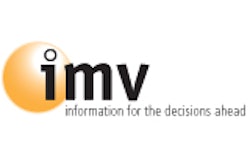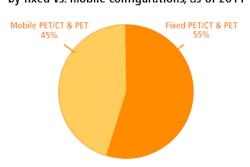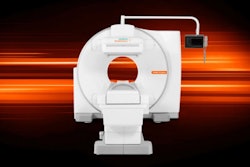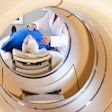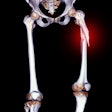Dear AuntMinnie Member,
A new study published this week confirms what many in the medical imaging industry have suspected: Procedure volume at nuclear medicine facilities in the U.S. is slowly declining.
A new report by market research firm IMV Medical Information Division indicates that procedure volume has fallen approximately 0.5% annually in the three years from 2007 to 2010. A total of about 17 million nuclear medicine/SPECT procedures were performed in 2010, according to an article in our Molecular Imaging Digital Community.
What has caused the decline? The factors range from competition from other modalities to the shortage of the radioisotope molybdenum-99 that occurred over the past few years. Learn more by clicking here.
In other molecular imaging news, the manufacturer of the PET radioisotope CardioGen-82 may be gearing up to resume sales of the product in 2012 after pulling it off the market in July. The voluntary recall followed reports that some patients who had received the radiotracer had higher-than-expected levels of radiation in their bodies following CardioGen scans. Find out more by clicking here, or visit the Molecular Imaging Digital Community at molecular.auntminnie.com.
MRI software predicts Alzheimer's
In other news, we're featuring a new study in our MRI Digital Community this week that found that taking measurements from an MRI software application and adding them to traditional clinical risk factors can be a good way to predict which patients with mild cognitive impairment (MCI) will convert to Alzheimer's disease.
The software provides an automated method for calculating the volume of brain atrophy based on data from MRI scans. Previously, such measurements were not typically included in the clinical workup of patients with MCI, as they were difficult to generate.
Learn how the software works and how it has affected Alzheimer's prediction by clicking here, or visit the MRI Digital Community at mri.auntminnie.com.





